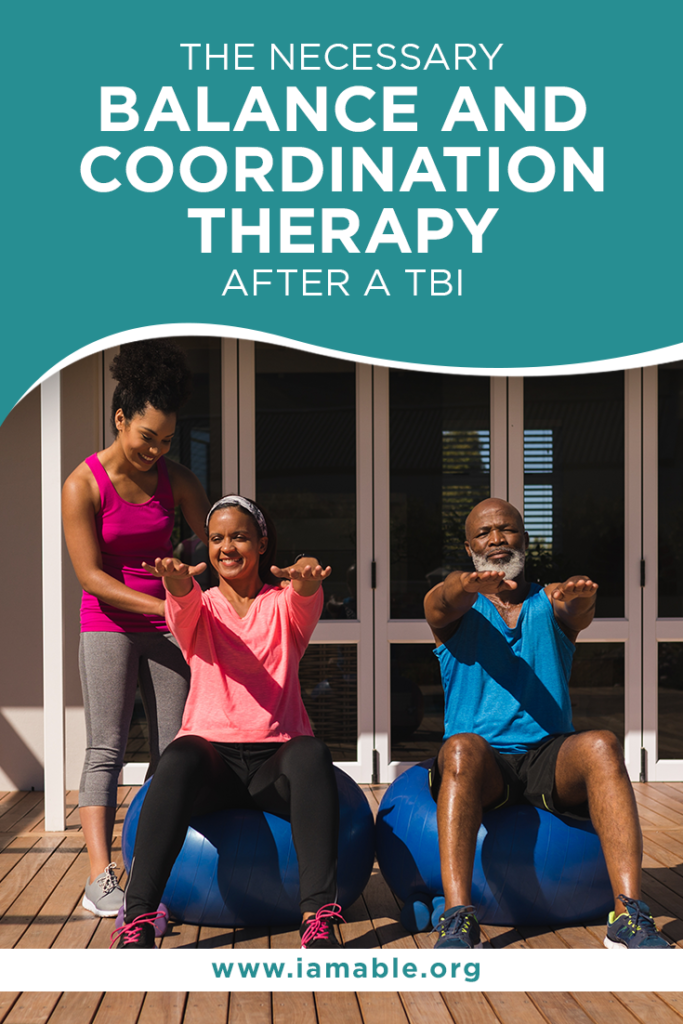Miami, FL 33186

Balance and coordination have to do with your body’s natural ability to stabilize itself and perform the physical tasks you require of it. They allow a person to sit up straight, stand up, and even to walk with minimal risk of falling.
Balance and coordination have to do with your body’s natural ability to stabilize itself and perform the physical tasks you require of it. Balance helps a person to sit up straight, stand up, and even to walk with minimal risk of falling.
Balance and coordination are necessary to walk with a natural gait, step over obstacles, go up and down stairs, and even stand up and sit down without the risk of a fall. The more severe your brain injury, the more these processes can be impacted by the trauma.
When the brain experiences trauma, it can affect communication in the central nervous system (CNS). Because the CNS is how your brain communicates with the rest of the body, this can impact both your coordination and balance. Here are some factors that will determine how severe the effects are after the injury.
If you want to improve your balance and coordination following a traumatic brain injury, there are a number of ways to do it. However, there are a few concerns. For example, when you are working on your balance, you are at the highest risk of a fall. A fall can lead to more extensive injuries that cause a setback in your progress. Therefore, you want to exercise and receive physical therapy in the safest ways possible, especially when it comes to retraining your gait. With that in mind, here are two of the best ways to work on your balance and coordination.
If you are looking for a state-of-the-art neuro rehab center in Miami, then iAM ABLE is the place for you. We have the only Lokomat Pro in southern Florida. Our highly-trained physical therapists specialize in assisting patients with some degree of paralysis. Our focus is on restoring as much function and independence as possible for our patients.
We also want to assist traumatic brain injury survivors to prepare mentally for the challenges involved with recovery and therapy. To that end, we are proud to offer our eBook, 7 Unbelievably Important Steps to Take to Thrive After Paralysis. While many TBI survivors will fully recover the ability to walk, being able to accept a long recovery and the potential for ongoing effects is a must. Even if your life is never the same again after your injury, that doesn’t have to be a bad thing.
iAM ABLE is helping patients to maximize their recovery outcomes and independence. So check out our facility, and don’t forget to read the eBook to get your journey started the right way.
Grab our free e-book 7 Unbelievably Important Steps to Take to THRIVE after Paralysis by clicking the image below.
